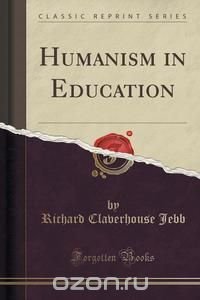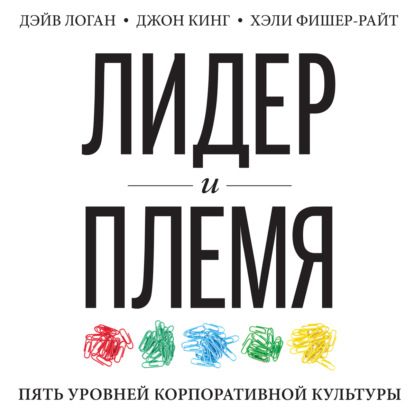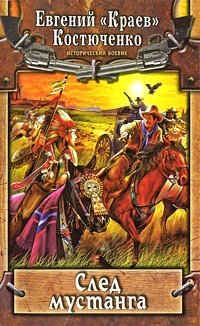Excerpt from Humanism in Education
Petrarch was born in 1304, when Dante was thirty-nine years old, and died in 1374. That great movement in which he was a pioneer, and which we call the Renaissance, had its central inspiration in the belief that the classical literatures, which were being gradually recovered, were the supreme products of the human mind; that they were the best means of self-culture; that there alone one could see the human reason moving freely, the moral nature clearly expressed, in a word, the dignity of man, as a rational being, fully displayed. All this is implied in humanism, when we speak of humanism as the direction in which the Renaissance chiefly tended. It is larger than the Roman idea of humanitas; the scope of which is well illustrated by Cicero when he says in one of his letters that Roman officials ought to treat Greeks with 'humanitas' (gentleness), since it is from Greece that Italy first received 'humanitas,' - i.e., as the context explains, the refining influences of literature and art.
About the Publisher
Forgotten Books publishes hundreds of thousands of rare and classic books. Find more at www.forgottenbooks.com
This book is a reproduction of an important historical work. Forgotten Books uses state-of-the-art technology to digitally reconstruct the work, preserving the original format whilst repairing imperfections present in the aged copy. In rare cases, an imperfection in the original, such as a blemish or missing page, may be replicated in our edition. We do, however, repair the vast majority of imperfections successfully; any imperfections that remain are intentionally left to preserve the state of such historical works. Это и многое другое вы найдете в книге Humanism in Education (Classic Reprint)















